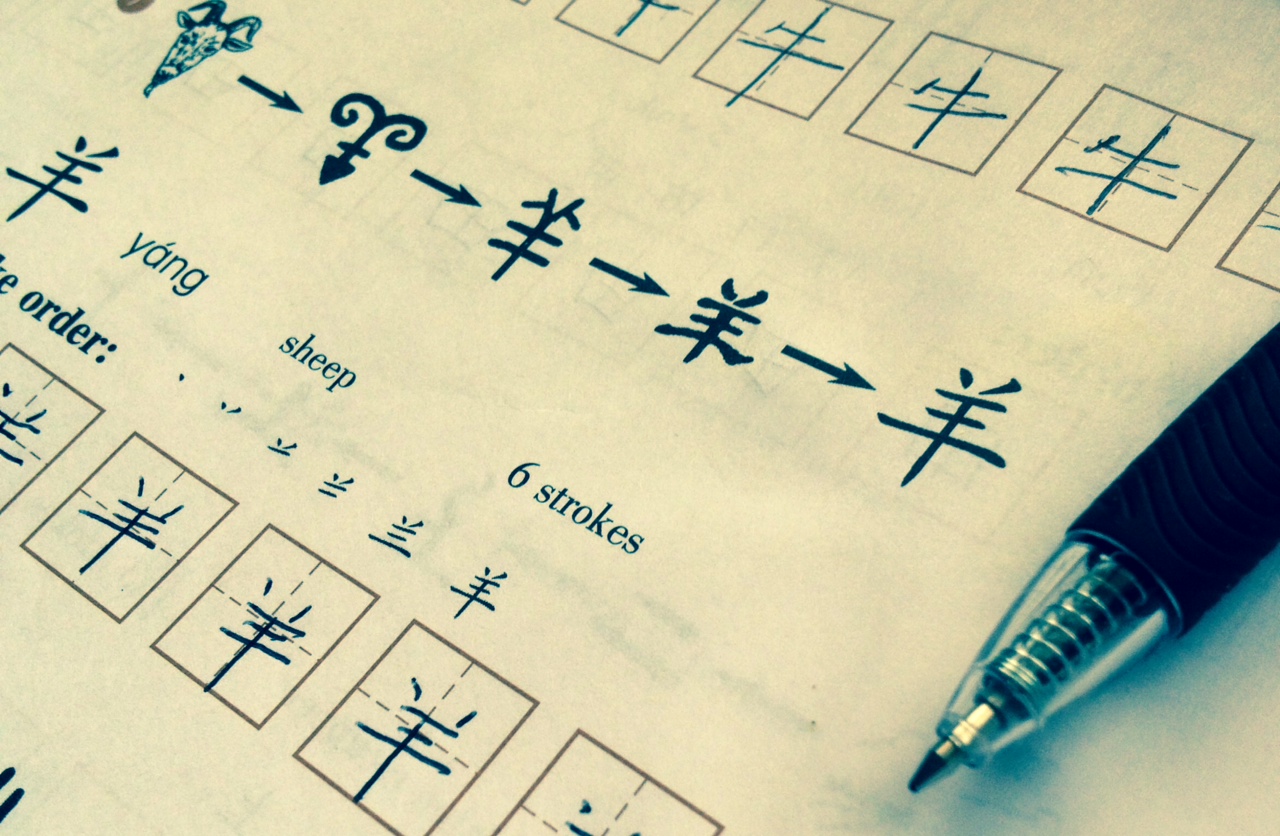Pera Pera’s Top 10 Books for Learning Chinese
大家好!The good folks over at Pera Pera listed their top ten favorite books for learning Chinese. I haven't used any of the ten personally, but I certainly have used and benefited greatly from Pera Pera's free Firefox add-on (a sweet, Chinese-English-Pinyin pop-up dictionary). Based solely on that positive experience alone, I am willing to bet their suggestions are helpful. (I plan to write soon about how I use the Pera Pera dictionary in my sermon-prep workflow.) For now, check out Pera Pera's recommended reading for learning Chinese:
Modern Mandarin Chinese Grammar: A Practical Guide

If you buy only one book for Chinese, get this one. Easily the best book I have found for everything. It is split into two parts, Part A for the structure of Chinese and explaining all the grammatical features, and Part B for situational Chinese like how to describe things etc. Explanations are solid, provides tons of example sentences and everything is in Simplified and Traditional characters.
Practical Audio-visual Chinese (Traditional)
My friend in Taiwan swears by this series and he used this at his language school when he studied in Taiwan. He was on book 3 and was at a very impressive level of Chinese. Comes with CDs and has workbooks if you want them. Only Traditional characters and starts with teaching you Zhuyin, but also has all the sentences in Pinyin as well. I am on book 3 now also and have to say it is my favorite course book.
Colloquial Chinese: The Complete Course for Beginners

This was actually the first book I used for Chinese that a friend recommended when I was starting out. A solid beginner course that is lesson based and comes with CDs. Spent a good bit of time with the pronunciation using this one. Another good option if you are looking for a starter course. Also has an intermediate book as well in the series. New Practical Chinese Reader: Textbook 1

If you want more of a course-type book this series is a good introduction. I did the first book in their series using Simplified Characters. Concise and nicely organized. Would recommend it as your first introduction to Chinese and Chinese characters. Especially good if you like the dialog lesson format. Comes with CDs.
Bought this one when I was in China. It goes at a faster pace than the above course, but would still say it is good for beginners. Either one of these are a good introduction course. No CD though, so take that into consideration. The Michel Thomas Method: Speak Mandarin Chinese For Beginners

For working on speaking this is probably the best starter course. Harold Goodman does a good job of introducing the tones with concept of colors as an aid for remembering them. I love the Michel Thomas method and have used this series for other languages as well (French, Russian and German!).
Pimsleur courses tend to be a little slow for my tastes, but if you are looking to learn a language while exercising or driving this would be the one to get. If you are sitting down and can focus, Michel Method is better and will get you to think more about what you are saying, while Pimsleur kind of hypnotizes you into memorizing, and that’s better than nothing when you cant devote all of you attention.
I don’t actually own this book but I’m a big fan of the method and used it to learn all the Kanji in Japanese with the original “Remembering the Kanji” book by the same author (see my Japanese book reviews). Comes in Simplified or Traditional versions.
Tuttle Learning Chinese Characters

Since I did Japanese before Chinese, I had already done my time learning 2000 characters, so I don’t actually own this one either. My friends at a language school love it though, and the method sounds very similar to the “Remembering the Hanzi” mnemonic system. So I would just pick either one and stick with it.
Chinese Demystified: A Self-Teaching Guide

A good overview of the Chinese language. I personally would buy the Modern Chinese Grammar over this one if I could only choose one, but that one can be intimidating since it is rather thick and does read a bit like a textbook with alot of explanations using grammatical terms. If that puts you off and you want a gentler overview of Chinese, but still with solid content, I would recommend this one.
By Francis Campbell. Originally Posted at http://www.perapera.org/best-10-books-for-learning-chinese/











